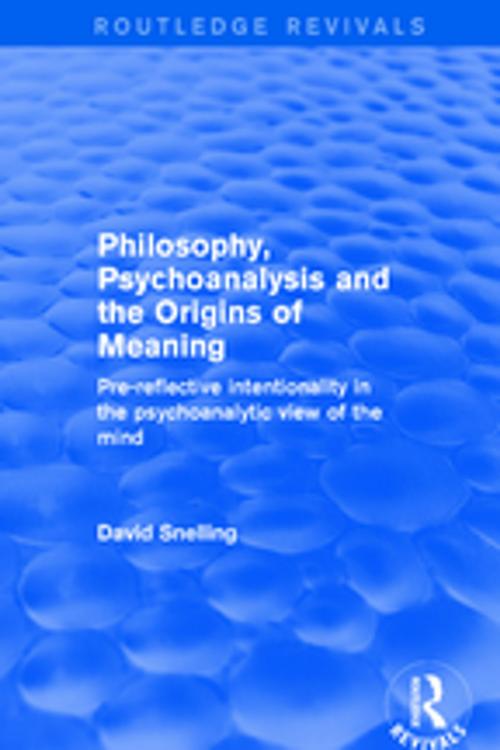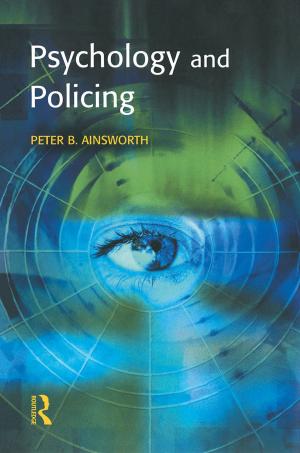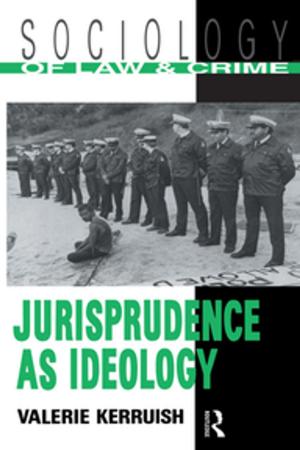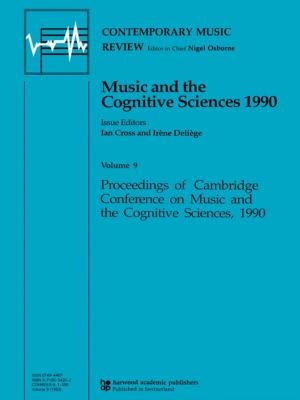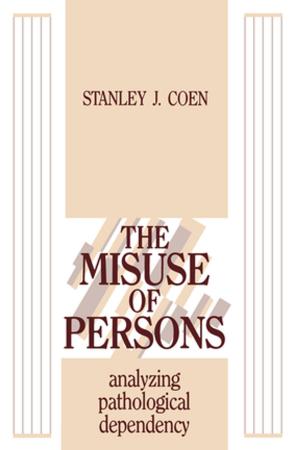Philosophy, Psychoanalysis and the Origins of Meaning
Pre-Reflective Intentionality in the Psychoanalytic View of the Mind
Nonfiction, Religion & Spirituality, Philosophy| Author: | David Snelling | ISBN: | 9781351738972 |
| Publisher: | Taylor and Francis | Publication: | July 28, 2017 |
| Imprint: | Routledge | Language: | English |
| Author: | David Snelling |
| ISBN: | 9781351738972 |
| Publisher: | Taylor and Francis |
| Publication: | July 28, 2017 |
| Imprint: | Routledge |
| Language: | English |
This title was first published in 2001. Drawing on recent work in the philosophy of psychoanalysis, and on considerations of the nature of psychoanalytic theory itself, this book reveals new possibilities which psychoanalysis offers for an understanding of the mind - more broadly, the subject of mental states - and its relation to the world. Entailing a re-examination of an approach embedded in the work of certain Continental thinkers, notably Heidegger and Hegel, the connections between philosophy and psychoanalysis presented in this book represent a fresh departure. Linking Kleinian notions of an "inner world" of unconscious phantasy, to philosophical conceptions of non-linguistic meaning whose significance for the psychoanalytic understanding of subjectivity has been hitherto overlooked, Snelling argues that psychoanalysis demands a significant place in our philosophical understanding of ourselves.
This title was first published in 2001. Drawing on recent work in the philosophy of psychoanalysis, and on considerations of the nature of psychoanalytic theory itself, this book reveals new possibilities which psychoanalysis offers for an understanding of the mind - more broadly, the subject of mental states - and its relation to the world. Entailing a re-examination of an approach embedded in the work of certain Continental thinkers, notably Heidegger and Hegel, the connections between philosophy and psychoanalysis presented in this book represent a fresh departure. Linking Kleinian notions of an "inner world" of unconscious phantasy, to philosophical conceptions of non-linguistic meaning whose significance for the psychoanalytic understanding of subjectivity has been hitherto overlooked, Snelling argues that psychoanalysis demands a significant place in our philosophical understanding of ourselves.
